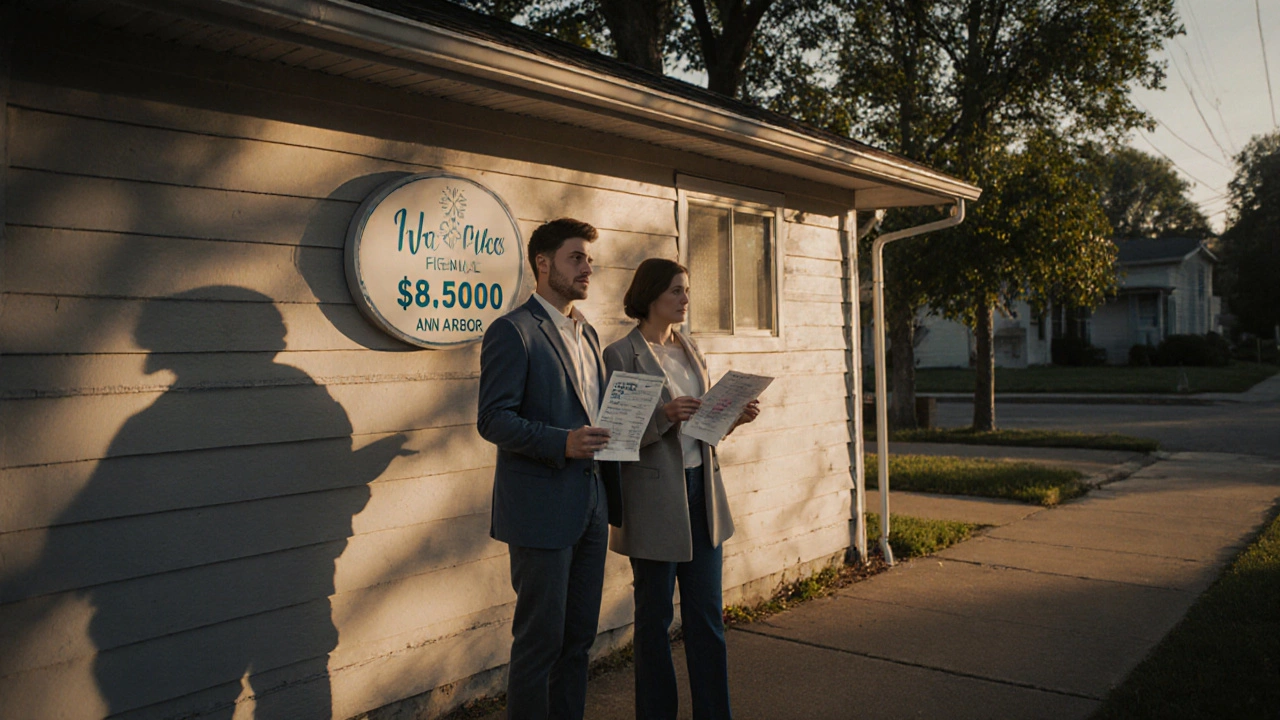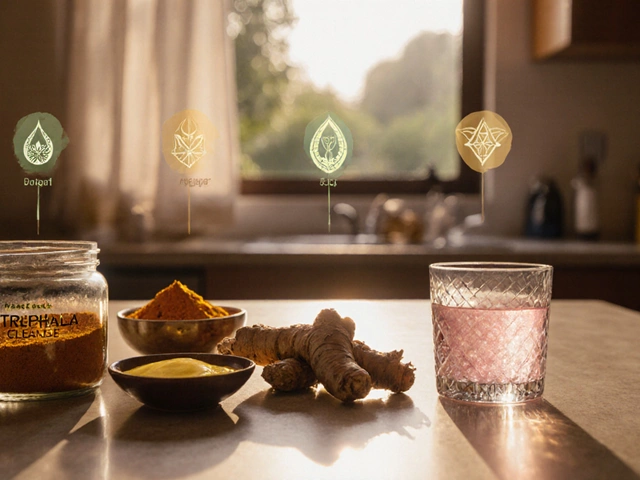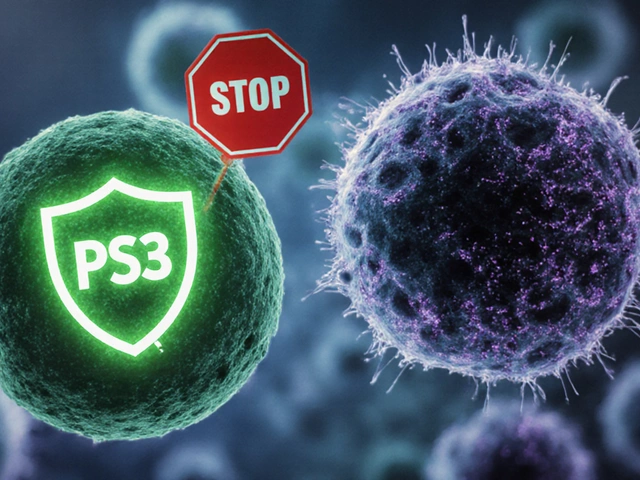IVF: Your Quick, Practical Guide to Answers, Myths & Success Tips
If you’re reading this, you probably have questions about IVF – and that’s normal. In‑vitro fertilization can feel confusing, expensive, and even emotional. The good news? The basics are simple, and we’ve gathered the most asked‑about bits in one place so you can move forward with confidence.
Common Questions About IVF
One myth that pops up a lot is whether an IVF baby carries the mother’s DNA. The answer is yes – the baby gets DNA from the egg and sperm just like any other pregnancy. If a donor egg is used, the donor’s DNA is passed on, not the mother’s. Another frequent worry is how a baby will look. Genetics work the same way whether you use IVF or not, so appearance depends on the genes you already have, not the lab process.
People also wonder if they can have a natural (vaginal) birth after IVF. The short answer: most doctors say it’s safe unless there are medical reasons to opt for a C‑section. Your pregnancy will be monitored closely, but a vaginal birth is often possible. Finally, many ask if they can carry their own baby with IVF. When your own eggs and partner’s sperm are used, the embryo is genetically yours, and you carry the pregnancy just like any other conception.
Success Rates, Risks & Costs
Success rates vary, but on average about 30‑40% of fresh IVF cycles result in a live birth for women under 35. The odds drop a bit with age, but many couples still achieve pregnancy after several attempts. The first cycle isn’t always the winning one, so it helps to know the numbers and talk with your clinic about what to expect.
IVF isn’t risk‑free. Some women experience mild side effects from hormone shots, and there’s a small chance of ovarian hyper‑stimulation syndrome. Emotional stress is real, too, so having a support system matters. When it comes to money, IVF can be pricey, but affordable options exist. Look for clinics that offer package deals, financing plans, or government subsidies. Comparing prices and asking about hidden fees can save you a lot.
Bottom line: IVF is a tool, not a magic wand. Understanding how DNA works, what delivery options you have, and the realistic success odds will help you make smarter choices. Keep the conversation open with your doctor, ask about costs early, and remember you’re not alone – many families have walked this path and succeeded.
















